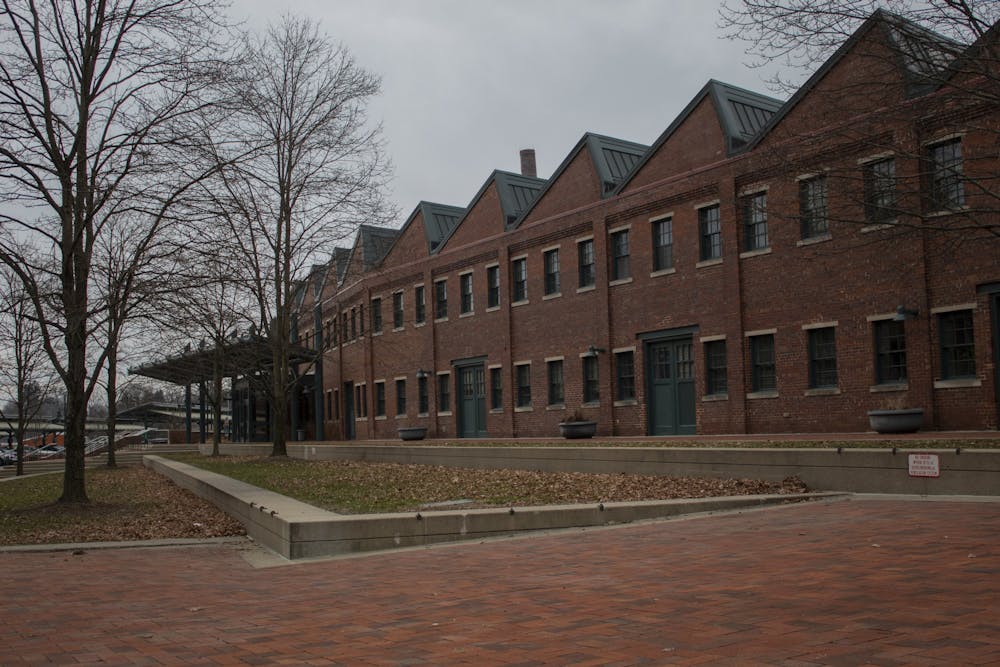The Eppley Institute for Parks and Public Lands at IU is seeking students to take part in its online certificate program teaching disability awareness and standards for accessible design.
The Foundations of Accessibility cohort begins Feb. 3 and includes four units and a capstone assignment. The program costs $350, and certificates will be issued by May 15, 2020. It allows people to gain an understanding historical perceptions of disability and the requirements for making a facility or park accessible to the entire population.
“Accessibility is not an individual sport, it needs involvement from everyone,” project manager Michelle Cook said.
She said anyone interested can apply to this program, they do not have to be enrolled at IU.Students can apply here.
The program is meant to help individuals in the recreation industry apply what they learn about disability awareness and standards for accessible design to their organizations and communities.
There are two ways to work toward the certificate. An individual option lasts one year with flexibility to complete coursework and assignments at the student’s discretion. The other option is a 12-week program including the online coursework but with traditional deadlines.
The 12-week program includes increased activity among students as well as a one-on-one mentorship with an experienced professional in disability awareness and accessibility.
Cook said the main benefit of the cohort program is the networking and sharing of ideas in lively discussion forums.
Eppley Institute executive director Stephen Wolter said about 20 people worked together to create the program.
Cory Thole, who recently took the course, works in the National Facilities Division of the Klondike Gold Rush National Historical Park in Alaska. He said his goal is to prevent physical barriers from giving everyone equal access to the parks programs
He liked how the program blended traditional coursework with research and helped him identify local and national resources, he said. The program raised his awareness of what problems arise from a lack of accessibility and what resources could be implemented in certain industries.
“My favorite thing I got out of it was the ability to recognize needs or where areas could be improved,” Thole said.
Anyone working on program design or management would benefit from the accessibility program, Thole said. In terms of digital media, Thole said it is important to make websites or other public entities accessible so everyone can have access to the same information.




